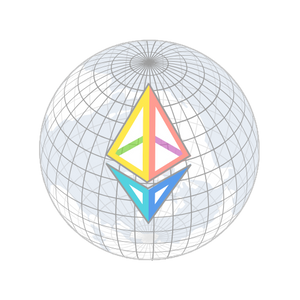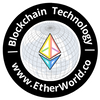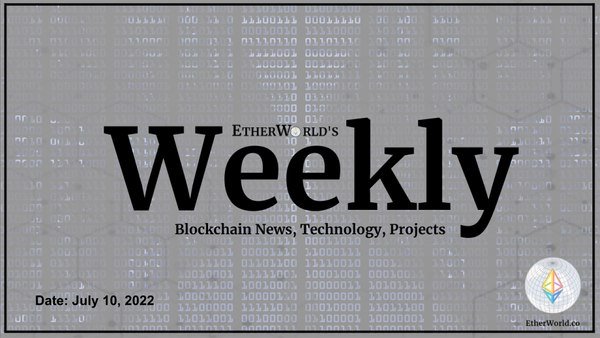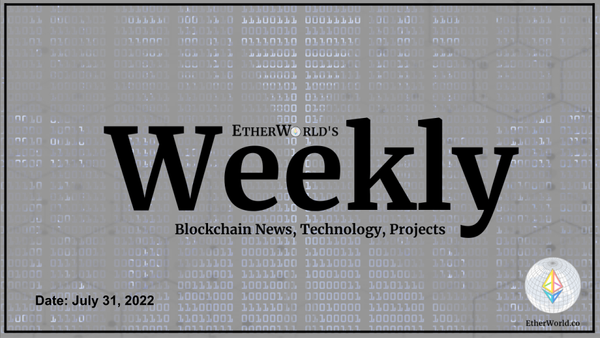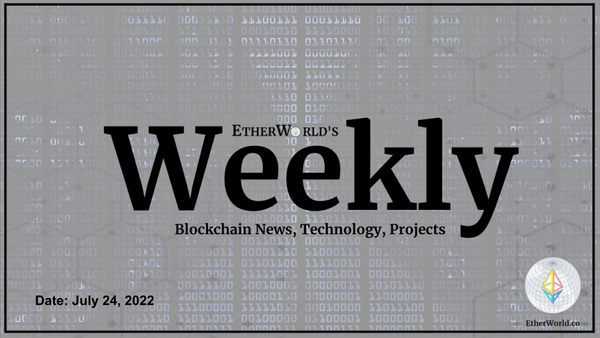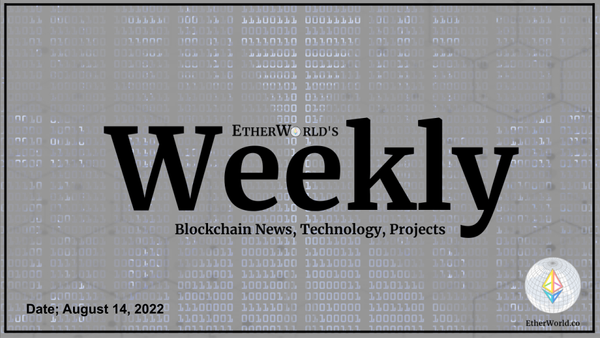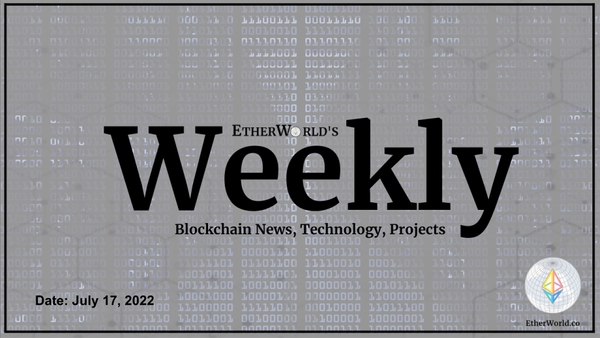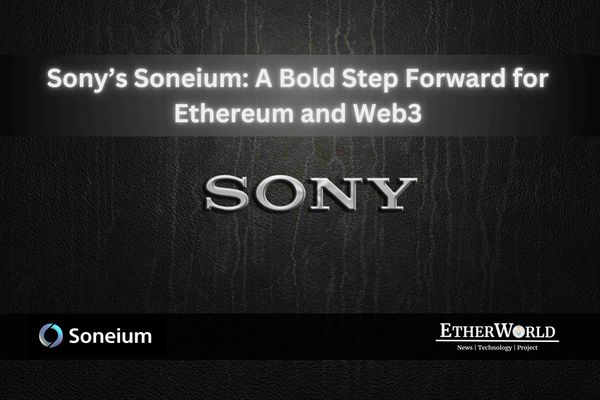Bancor
Bancor Protocol is a standard for a new generation of cryptocurrencies called 'Smart Tokens'. This enables any token to hold one or more additional tokens as a reserve. Bancor Network is an initiative of the Bprotocol Foundation, a nonprofit organization based in Zug, Switzerland. The Foundation has a research and development center based in Tel Aviv, Israel.
What is Bancor?
Bancor is based on the concept of ‘super national currency’ proposed by John M. Keynes. According to Guy Benartzi, CEO, Bancor is a way to utilize Keynes’ concept that would help facilitate the trade of different currencies with each other. The Ethereum smart contract provide the needed decentralized platform for user-generated programmable currencies (tokens) that inspired the team behind Bancor to design the Bancor protocol. It creates relationships between those tokens and allows conversion of the tokens without any central authority.
What is a ‘Smart Token’?
A Smart Token can hold (and trade) other cryptocurrencies and enable any party to instantly purchase or liquidate the smart token in exchange for any of its reserve tokens, directly through the smart token’s contract, at a continuously calculated price, according to a formula which balances buy and sell volumes. It allows the smart token’s contract to serve as its own market maker, automatically discovering it’s own price(s) and providing liquidity to other currencies, thereby removing the need for a second party in cryptocurrency trades. Every smart token is always liquid at some price point.
Bancor Network Token
The BANCOR network token will hold a single reserve in Ether. Other smart tokens, by using BANCOR as (one of) their reserve(s), connect to the BANCOR network.
The BANCOR network token forms a monetary structure where increased demand for any of the network’s smart tokens drives up the value of the common BANCOR token, benefiting all other smart tokens holding it in reserve.
What is the Bancor Protocol?
The Bancor protocol enables built-in price discovery and a liquidity mechanism for tokens on smart contract blockchains. These “smart tokens” hold one or more other tokens in reserve and enable any party to instantly purchase or liquidate the smart token in exchange for any of its reserve tokens, directly through the smart token’s contract, at a continuously calculated price, according to a formula which balances buy and sell volumes.
What is a smart token? And how is it different from a regular ERC20 token created on Ethereum?
Smart tokens are compatible with the ERC20 standard and can be used by any software that supports this standard, such as Ethereum wallets. However, smart tokens offer additional functionality not available to regular tokens.
-
Each smart token holds a reserve balance in one or more other ERC20 tokens, thereby enabling anyone to exchange between itself and any of its reserve token(s).
-
The smart token’s smart contract issues new tokens (expanding the supply) to anyone who purchases it with any of its reserve tokens, and withdraws tokens from the reserves (contracting supply) for anyone choosing to liquidate the smart token.
-
The price of a smart token vis-a-vis any of its reserve tokens is calculated as a ratio between the current smart token’s supply and its reserve balance, at the pre-set CRR (Constant Reserve Ratio.)
-
Essentially, a smart token’s price will always strive to balance supply and demand for the smart token, meaning that when it is being purchased, the price is climbing, and when it is being sold, the price is dropping, in relative proportion to the respective transaction sizes.
White paper is available for more detailed information about these formulas and their proofs.
Complementary Currencies, Business Loyalty Point Programs, Token Baskets (i.e. decentralized ETFs or Index Funds), Content Creators, Crowdsales, Token Changers are some of the use cases for Smart Contract.
Project Overview
-
Concept: Continuous Liquidity and Asynchronous Price Discovery for Tokens through “Smart Tokens”.
-
Currency: BNT
-
Website: https://bancor.network
-
White paper: https://bancor.network/static/Bancor_Protocol_Whitepaper_en.pdf
For more updates, technical blogs and general discussion on Blockchain Technology and Ethereum, please join us at our Website, reddit, Facebook, Medium, steemit and follow us at Twitter. Please feel free to share this post, email us with your suggestions.
